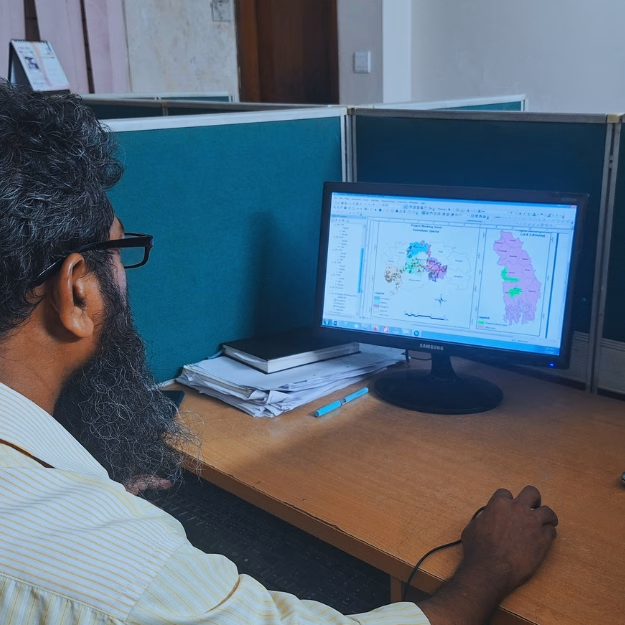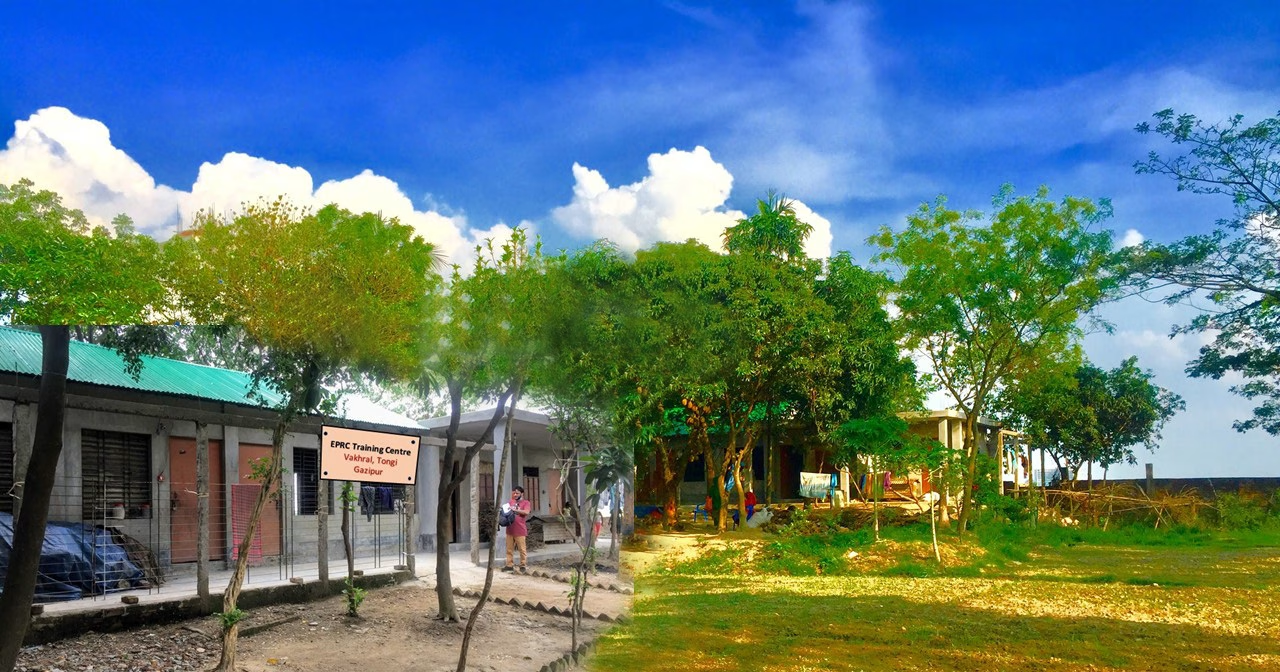
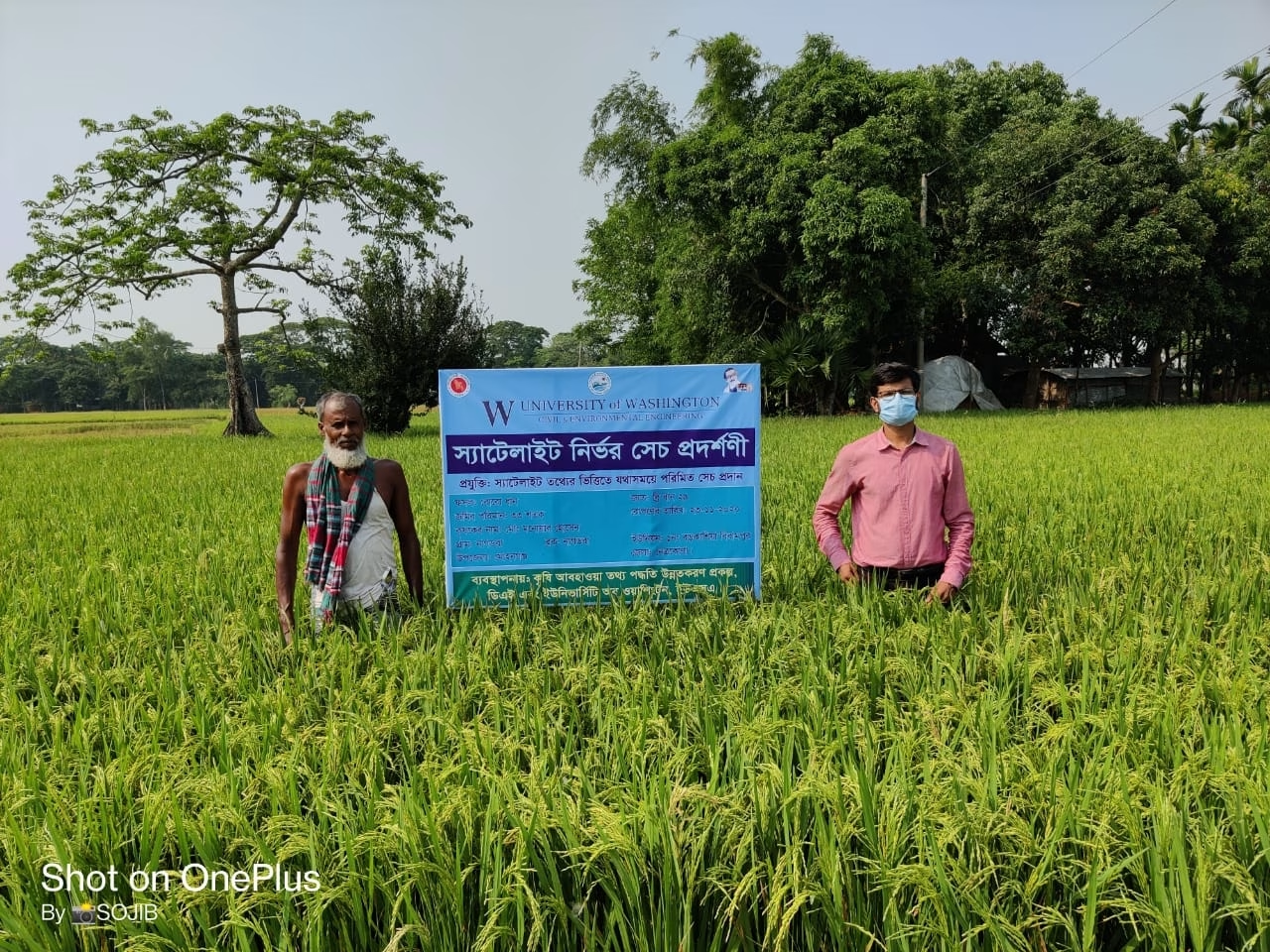
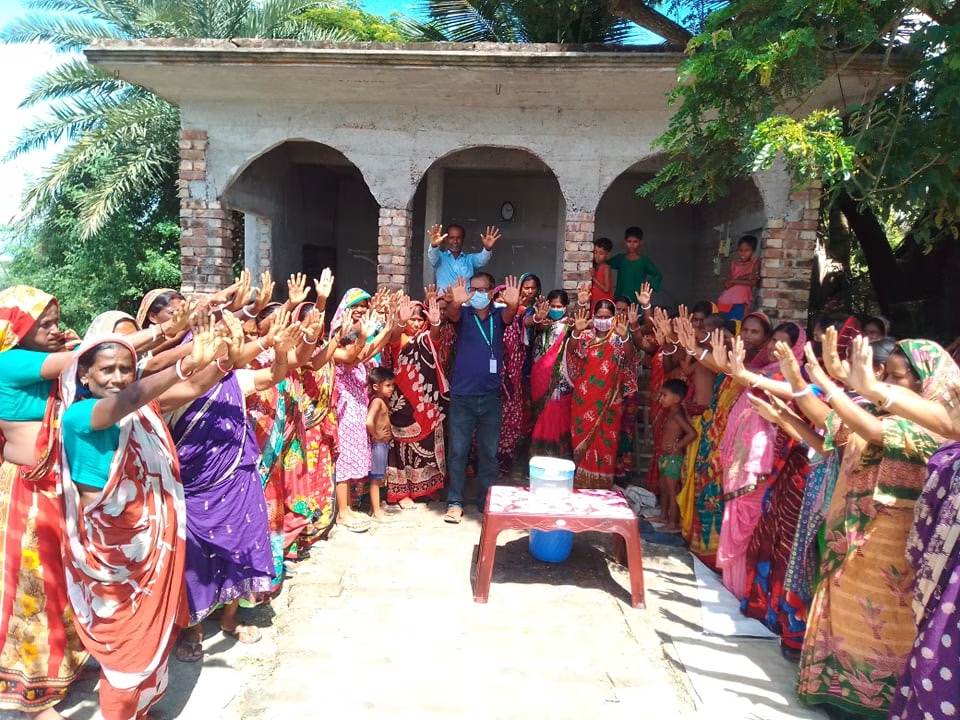
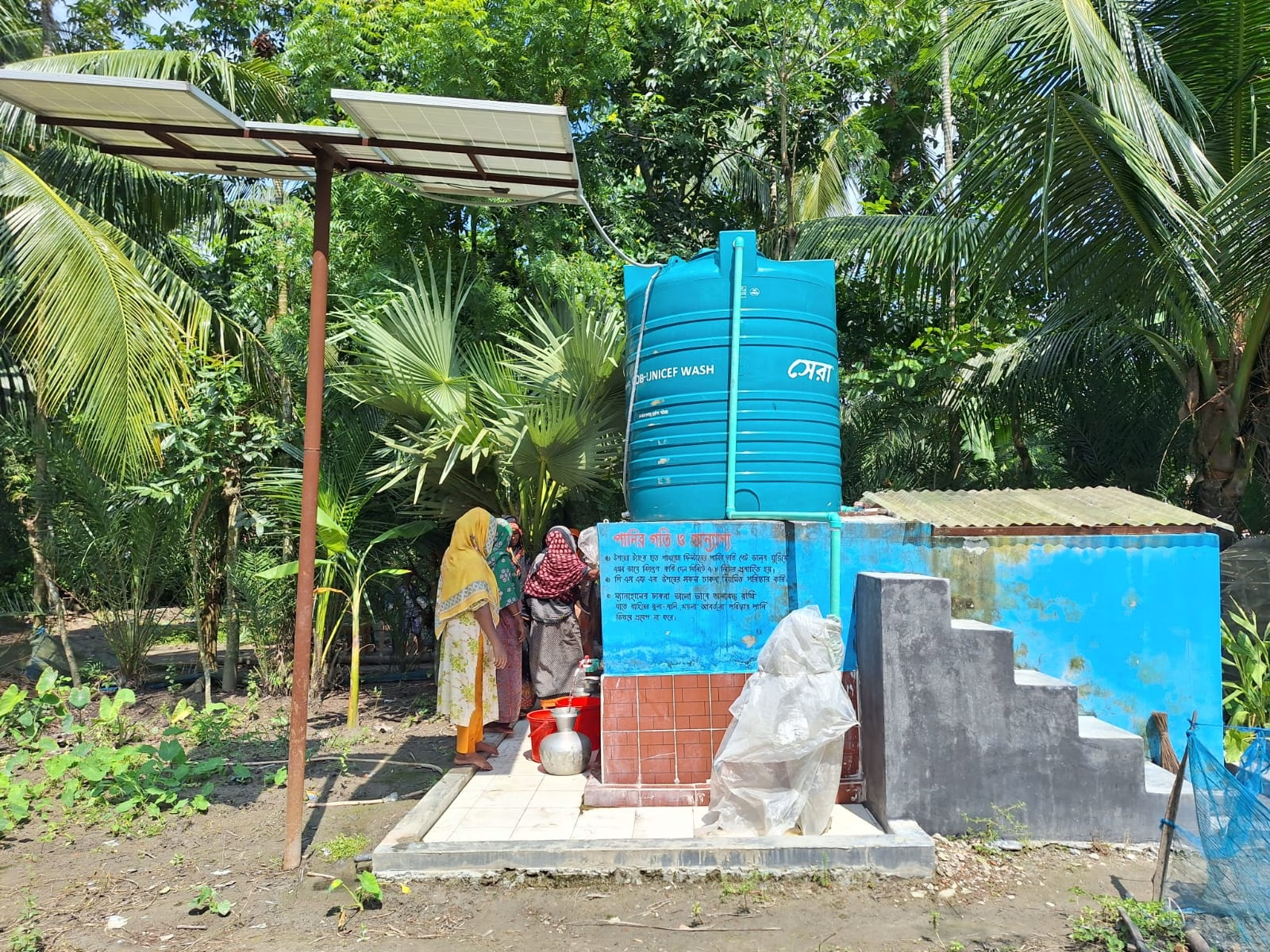
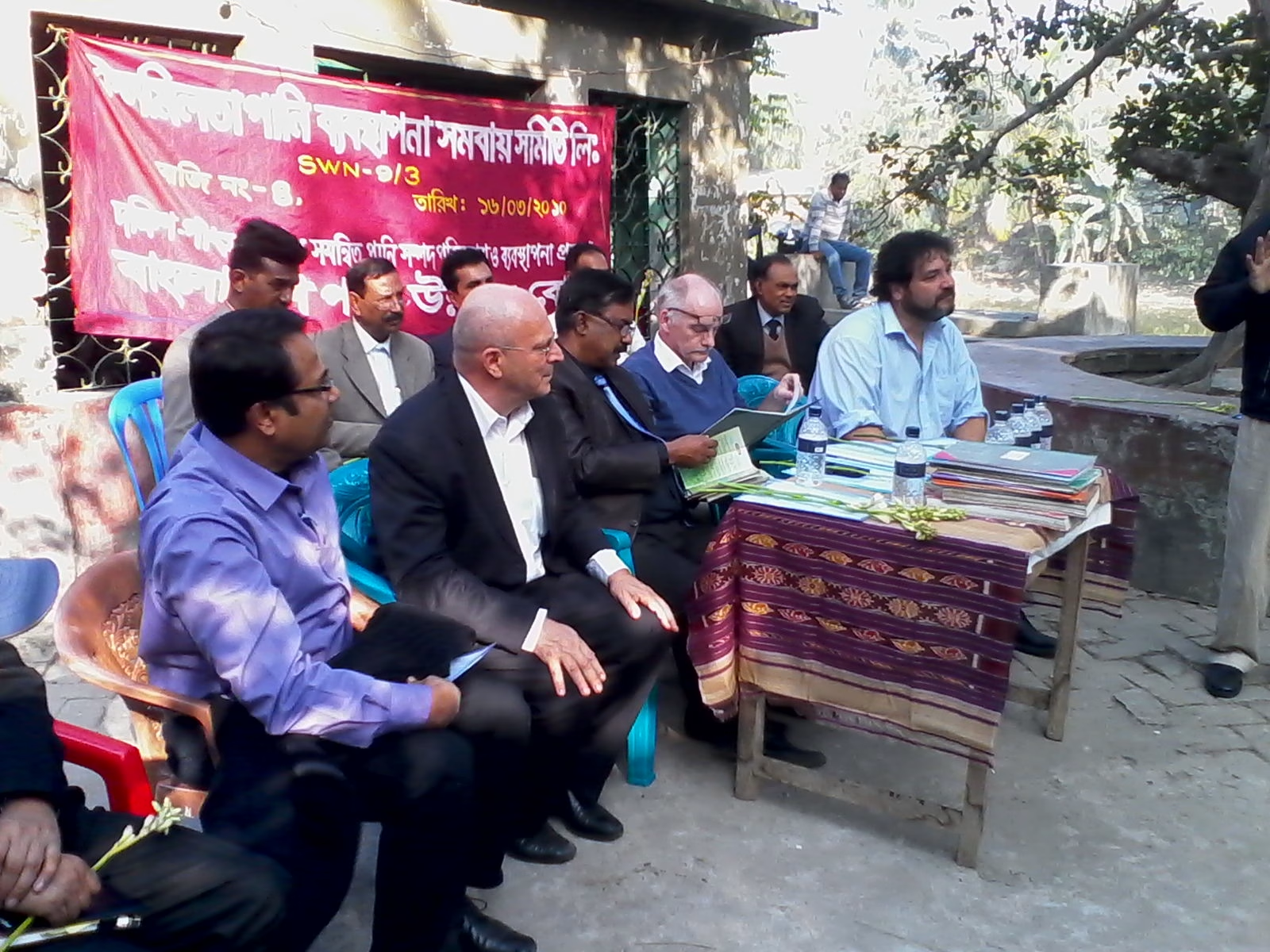
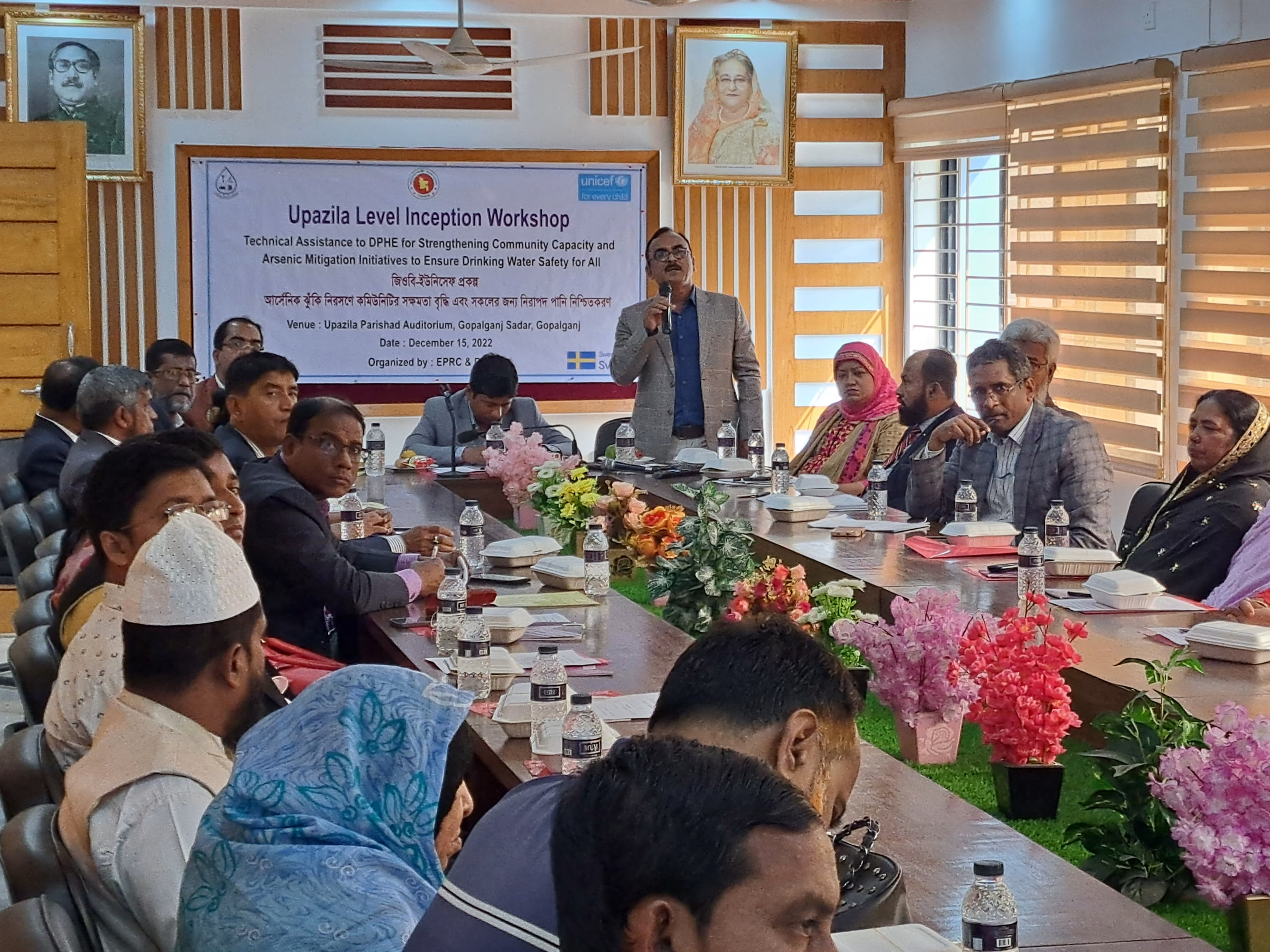
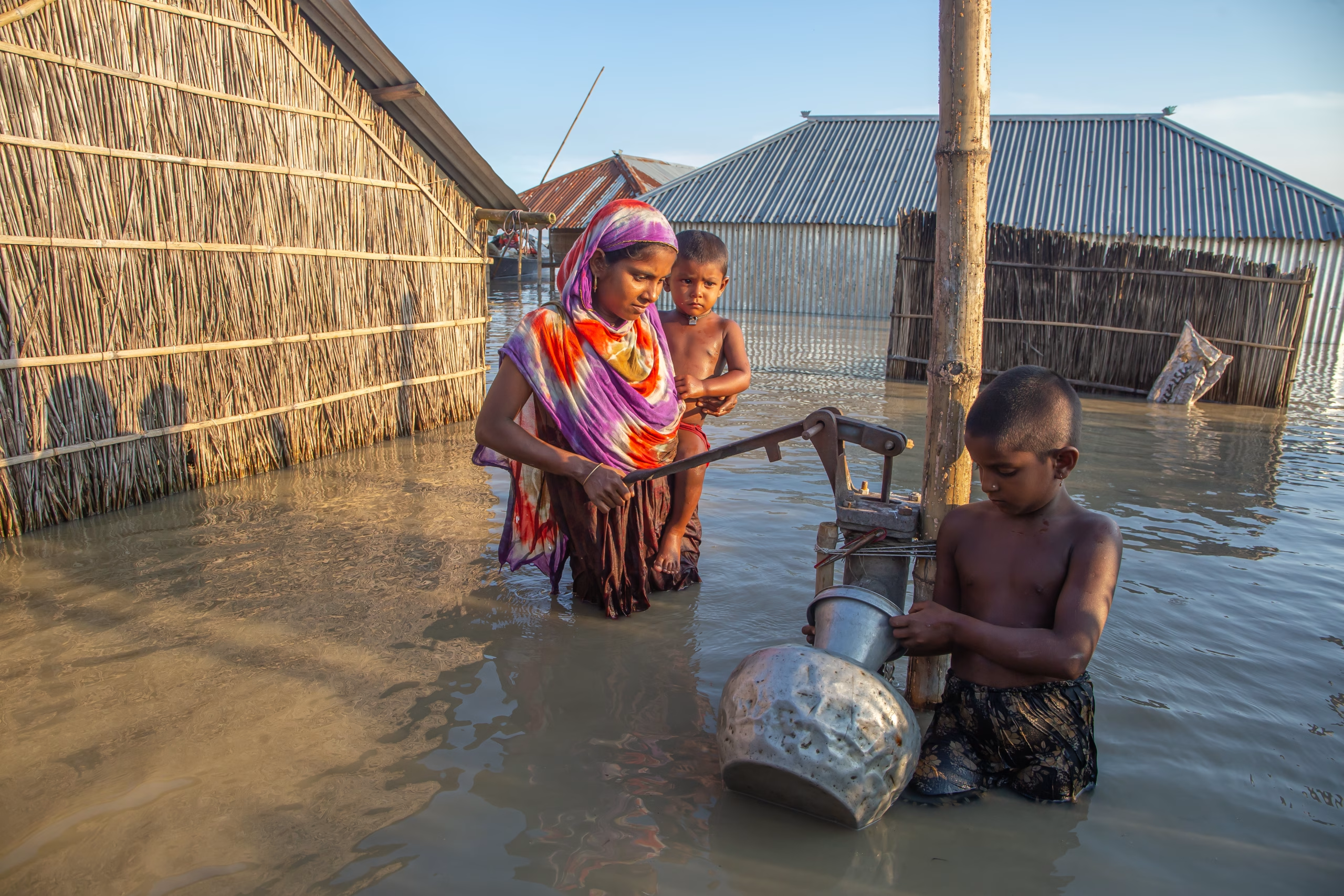
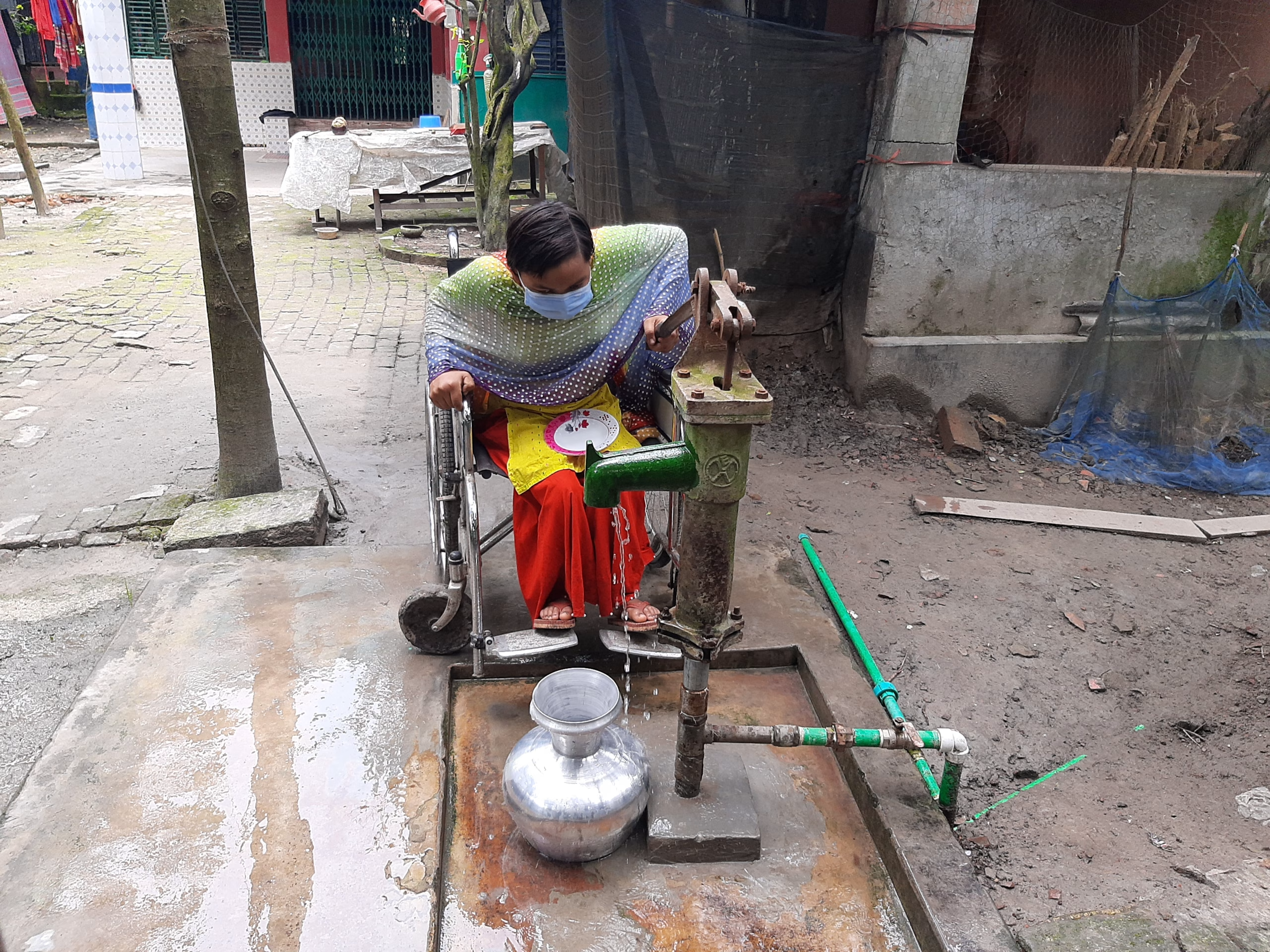
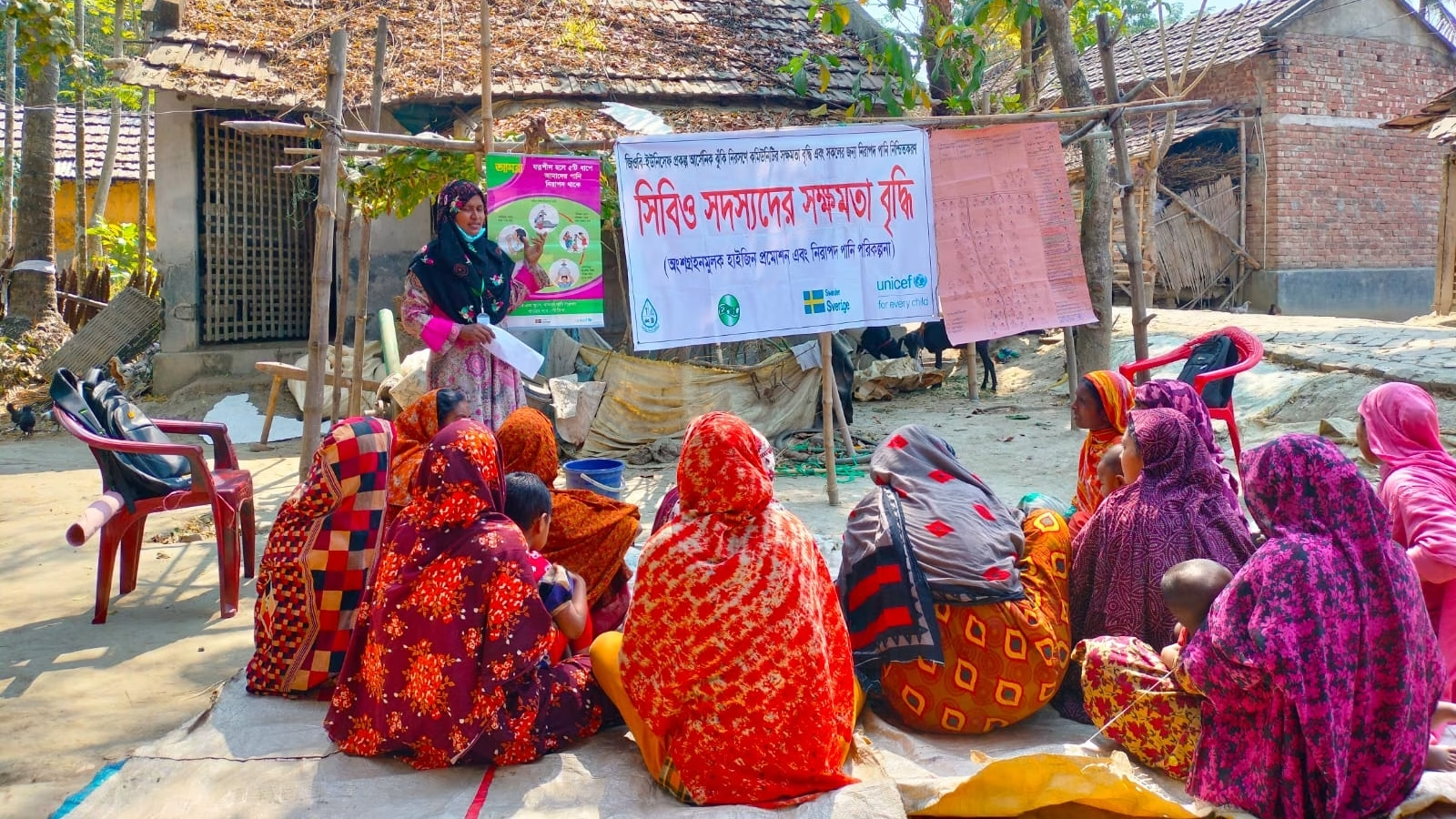
WECOME TO EPRC
Environment and Population Research Centre (EPRC) was established in 1998.
This is a multi-disciplinary research, education, training and networking non-government and not-for-profit organization. Its vision is to redress sufferings of the poor through appropriate management/development of environment, water, hygiene, wastes, sanitation, agriculture, forestry, energy, food, disaster risks management, education, health, climate change adaptation, and social scopes for livelihood improvement in local, regional and global level.
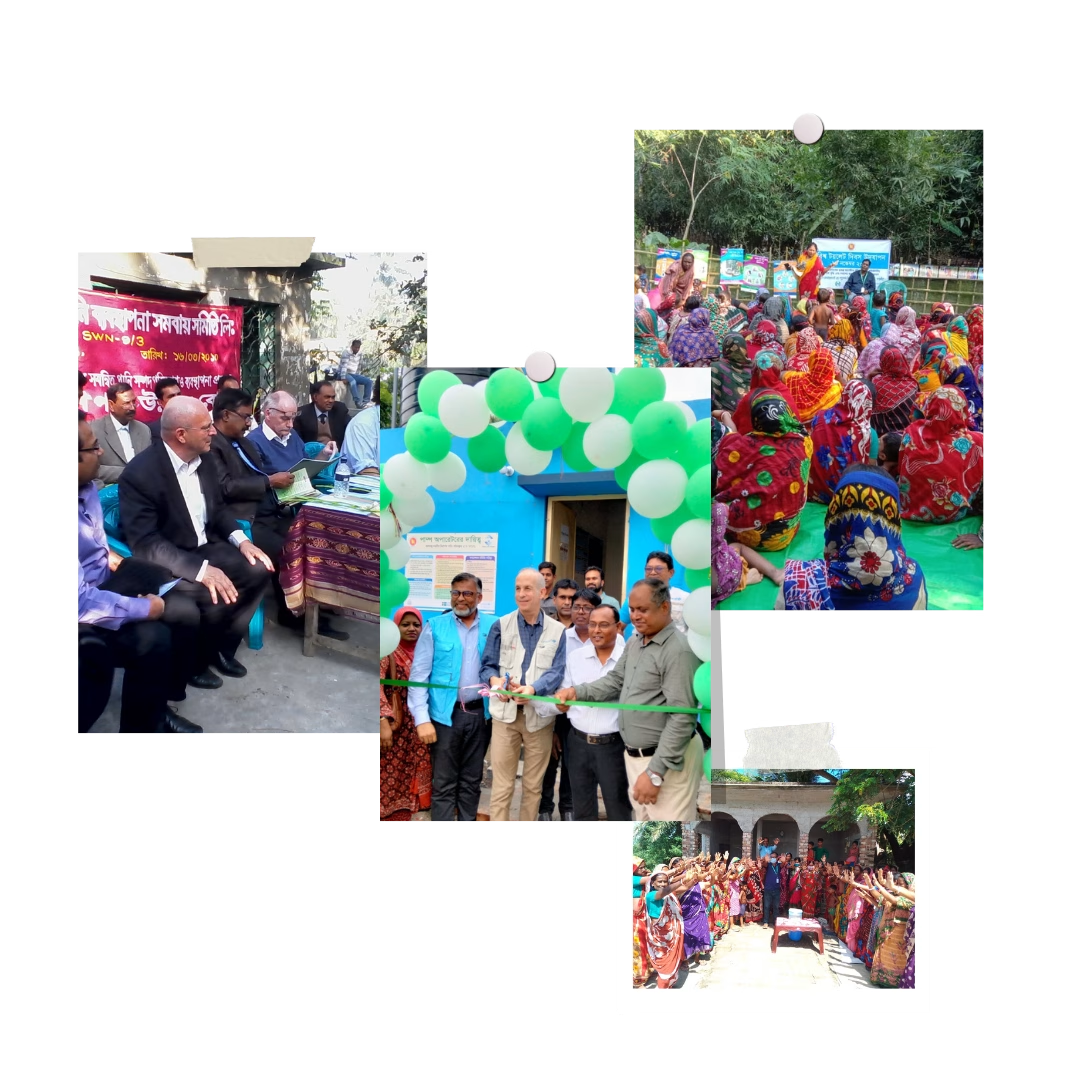
EPRC has successfully carried out its mission by implementing strategic research, academic, and development activities aimed at achieving sustainable outcomes. It collaborates with government agencies, non-governmental organizations, and donor agencies in Bangladesh and internationally.
The main causes of hunger in the world
Food Insecurity
Poverty
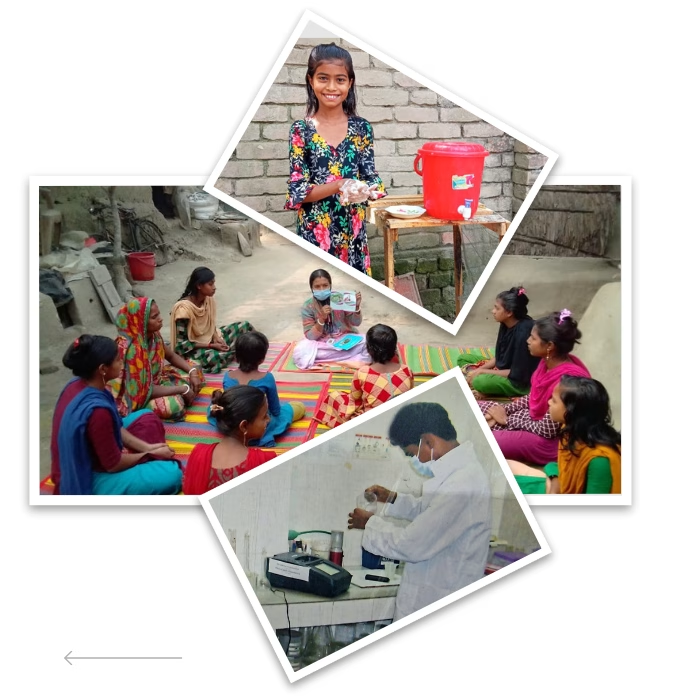
We’re getting started on our journey
Amet tincidunt non pretium sed aliquam feugiat arcu. Leo urna mauris ut risus diam magna ut.
Consectetur at venenatis nunc feugiat. Risus molestie tincidunt mi tellus at venenatis. Elementum.
Sagittis consequat cursus id enim amet volutpat id ultricies. Cursus posuere interdum faucibus sagittis.
Sit massa pretium massa nunc sit felis eros proin. Cursus convallis mattis dui eget ac. Ut blandit.
Our Services
EPRC offers a range of specialized services including environmental and basic food testing through its advanced laboratory, professional training programs to build institutional capacity, and innovative solutions in GIS, IEC/BCC, and MIS for effective data management and community engagement.
Our Programs and Research

WASH
EPRC identifies key challenges in the Water, Sanitation, and Hygiene (WASH) sector, particularly in rural and flood-prone regions. Access to safe drinking water remains a critical issue, with millions affected by groundwater contamination from arsenic and saline intrusion.
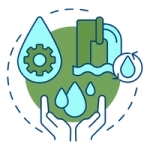

Human Rights
Gender-based violence (GBV) remains a serious issue, with widespread cases of eve-teasing, domestic violence, public sexual harassment, and trafficking. Social norms, gender inequality, and weak law enforcement perpetuate violence, particularly in rural areas.


Agriculture and Food Security
Agriculture and food security in Bangladesh face multiple challenges, including climate change, flooding, erratic weather patterns, and soil degradation, which impact crop yields. The majority of farmers rely on monsoon-fed irrigation, making them vulnerable to droughts and irregular rainfall.
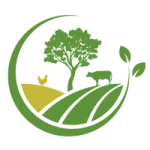

Health Programs and Research
Preventive and public health initiatives focus on reducing disease burden through vaccination, hygiene, sanitation, and health education. In Bangladesh, nutrition remains a key concern, with efforts aimed at combating malnutrition and micronutrient deficiencies, especially among children and women.


Environment
The living environment faces significant challenges due to rapid urbanization, overcrowding, and environmental degradation. Many urban areas, particularly Dhaka, struggle with inadequate housing, poor sanitation, and limited access to clean water, leading to health risks. Air pollution is a severe issue, worsened by industrial emissions and traffic congestion.


Livelihood
Livelihood challenges are primarily driven by poverty, limited access to resources, and vulnerability to natural disasters in Bangladesh. Many people depend on agriculture, which is increasingly affected by climate change, floods, and soil degradation. Urban migration has led to overcrowded cities with limited job opportunities, especially in informal sectors.


Disaster & Climate Change
Bangladesh is highly vulnerable to disasters exacerbated by climate change, including floods, cyclones, and river erosion. Its low-lying geography, dense population, and reliance on agriculture make it particularly susceptible to rising sea levels, erratic monsoons, and extreme weather events.
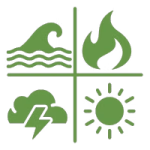

Education
In Bangladesh, underprivileged groups face significant barriers to accessing education, with challenges in general, technical, and religious education. General education for marginalized communities often suffers from inadequate infrastructure, teacher shortages, and socio-economic barriers.

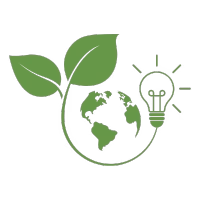
Energy
Domestic cooking energy is primarily reliant on traditional biomass sources like wood, charcoal, and crop residues, leading to indoor air pollution, health issues, and deforestation. Access to cleaner cooking technologies, such as LPG or improved cookstoves, remains limited in rural areas of Bangladesh due to high costs and inadequate infrastructure.
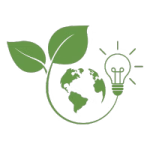
Our Services
EPRC offers a range of specialized services including environmental and basic food testing through its advanced laboratory, professional training programs to build institutional capacity, and innovative solutions in GIS, IEC/BCC, and MIS for effective data management and community engagement.
Our Services
EPRC offers a range of specialized services including environmental and basic food testing through its advanced laboratory, professional training programs to build institutional capacity, and innovative solutions in GIS, IEC/BCC, and MIS for effective data management and community engagement.
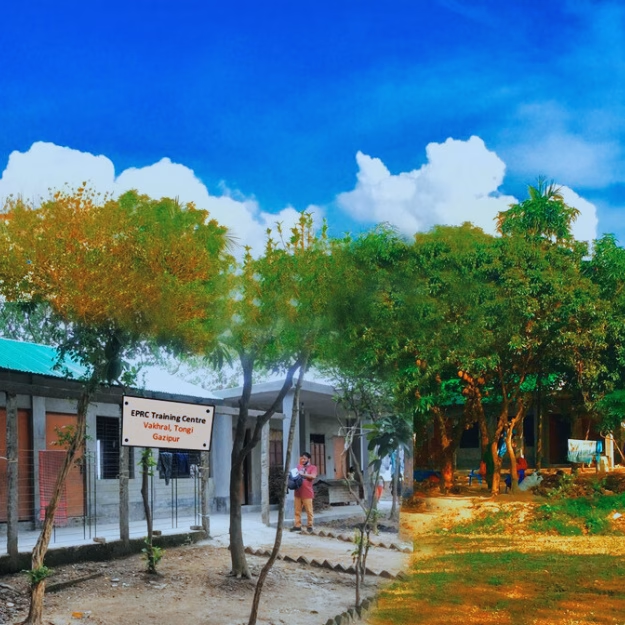
Environmental and basic food testing laboratory
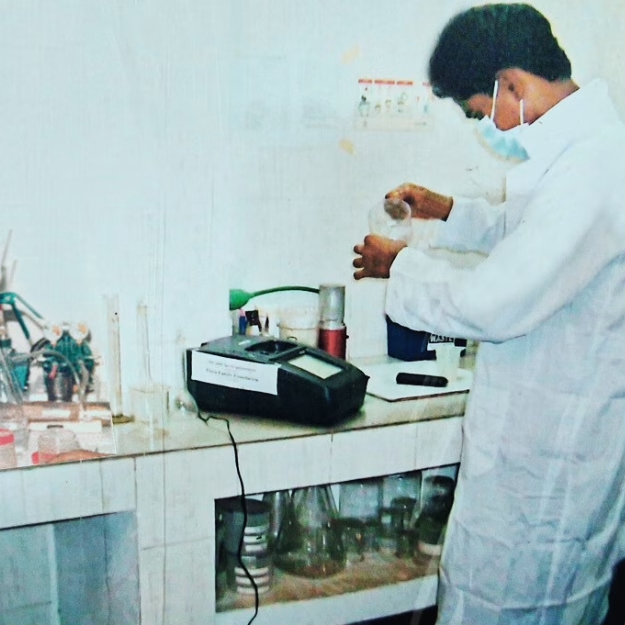
Training Services and facilities development
GIS, IEC/BCC & MIS

WASH
EPRC identifies key challenges in the Water, Sanitation, and Hygiene (WASH) sector, particularly in rural and flood-prone regions. Access to safe drinking water remains a critical issue, with millions affected by groundwater contamination from arsenic and saline intrusion.

Human Rights
Gender-based violence (GBV) remains a serious issue, with widespread cases of eve-teasing, domestic violence, public sexual harassment, and trafficking. Social norms, gender inequality, and weak law enforcement perpetuate violence, particularly in rural areas.

Agriculture and Food Security
Agriculture and food security in Bangladesh face multiple challenges, including climate change, flooding, erratic weather patterns, and soil degradation, which impact crop yields. The majority of farmers rely on monsoon-fed irrigation, making them vulnerable to droughts and irregular rainfall.

Health Programs and Research
Preventive and public health initiatives focus on reducing disease burden through vaccination, hygiene, sanitation, and health education. In Bangladesh, nutrition remains a key concern, with efforts aimed at combating malnutrition and micronutrient deficiencies, especially among children and women.

Environment
The living environment faces significant challenges due to rapid urbanization, overcrowding, and environmental degradation. Many urban areas, particularly Dhaka, struggle with inadequate housing, poor sanitation, and limited access to clean water, leading to health risks. Air pollution is a severe issue, worsened by industrial emissions and traffic congestion.

Livelihood
Livelihood challenges are primarily driven by poverty, limited access to resources, and vulnerability to natural disasters in Bangladesh. Many people depend on agriculture, which is increasingly affected by climate change, floods, and soil degradation. Urban migration has led to overcrowded cities with limited job opportunities, especially in informal sectors.

Disaster & Climate Change
Bangladesh is highly vulnerable to disasters exacerbated by climate change, including floods, cyclones, and river erosion. Its low-lying geography, dense population, and reliance on agriculture make it particularly susceptible to rising sea levels, erratic monsoons, and extreme weather events.

Education
In Bangladesh, underprivileged groups face significant barriers to accessing education, with challenges in general, technical, and religious education. General education for marginalized communities often suffers from inadequate infrastructure, teacher shortages, and socio-economic barriers.

Energy
Domestic cooking energy is primarily reliant on traditional biomass sources like wood, charcoal, and crop residues, leading to indoor air pollution, health issues, and deforestation. Access to cleaner cooking technologies, such as LPG or improved cookstoves, remains limited in rural areas of Bangladesh due to high costs and inadequate infrastructure.
Our Services
EPRC offers a range of specialized services including environmental and basic food testing through its advanced laboratory, professional training programs to build institutional capacity, and innovative solutions in GIS, IEC/BCC, and MIS for effective data management and community engagement.

82K
We are close to reach the main goal
Lectus leo et non eget velit. Laoreet nullam amet viverra sed mauris.
Raised: 81,862$
Goal: 120,386$
120K
Last thing we need is your help


